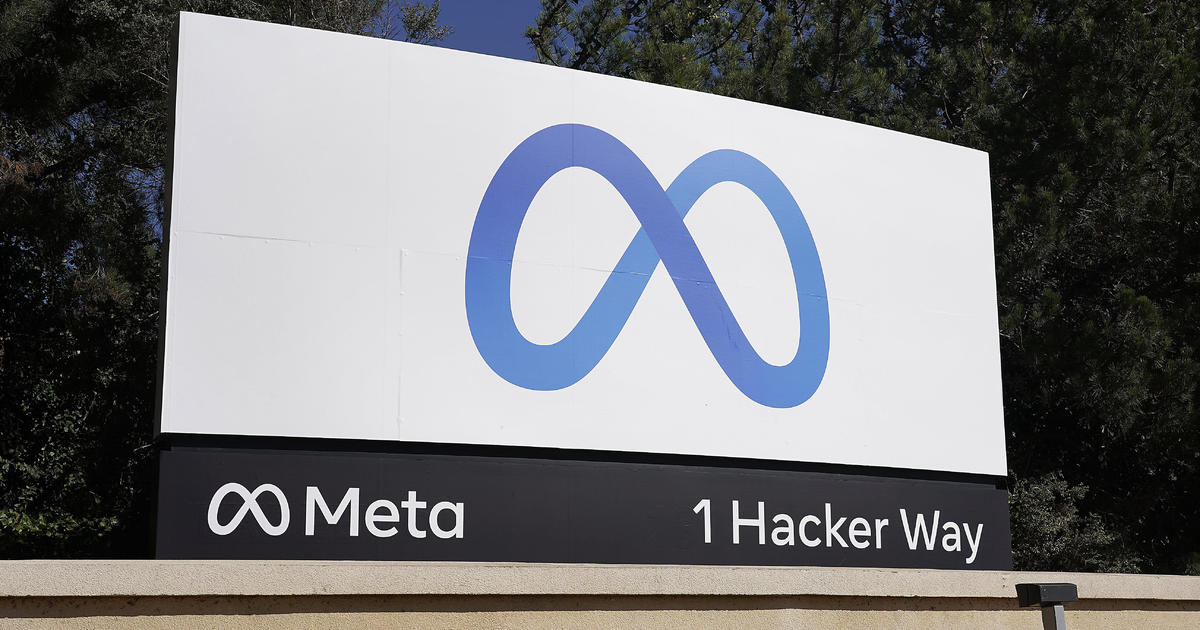Is Credit Monitoring Worth Paying For?
(KPIX 5) -- Consumers spent $1.4 billion on ID protection subscriptions last year. Now, the FTC warns that some of those companies are marketing fear and false promises to get you to pay for services you can likely get for free.
When Al Tokuhama got an email from Comcast telling him that his password had been changed, he immediately thought he'd been hacked.
Though, after an hour on the phone, he says that fear turned to frustration when he began to suspect the password reset email was a fear tactic designed to get him sign up for the ID theft protection services Comcast was selling.
"They said the final step to being secure was to get this Identity Guard," said Tokuhama. "I thought it was very unethical what they did."
Fear Is A Good Marketing Tactic
The Federal Trade Commission's David Newman said he can't comment on Comcast, but points out that fear is an increasingly common marketing tactic among ID theft and credit protection companies.
In 2010 the feds charged LifeLock with, among other things, making deceptive claims about its services and the FTC bared company from exaggerating the risk of ID theft.
The agency recently took action against LifeLock again for alleged violations of that order. LifeLock declined to comment on the FTC action for this story.
Protect Your Bubble
Earlier this year, KPIX 5 ConsumerWatch reporter Julie Watts confronted a different ID theft protection company, "Protect Your Bubble", after it sent her a press release trying to scare people out of freezing their credit.
The press release titled "Reasons To Rethink Freezing Your Credit During ID Fraud Scare" claimed, among other things, that "during a freeze, all credit cards are frozen" and that "consumers may need to go to a cash lifestyle even to pay bills"
"Absolutely not true," Newman insisted.
However, a credit freeze is cheap and so effective, ID Theft protection companies generally don't advise people to freeze their credit because they are less likely pay for additional credit monitoring.
When Watts pressed the Protect Your Bubble for examples of the claims they made in the press release, a spokesperson said she was "not familiar with any circumstances" and quickly back-tracked, claiming the press release was a mistake.
Protect Your Bubble has since stopped offering ID theft protection services.
Freeze Your Credit
Contrary to the claims, most ID theft experts agree that a credit freeze is actually one of the best tools to protect your credit
"That makes it virtually impossible for anyone to apply for credit in your name," said Newman.
Though, you should not let your guard down just because your credit is frozen. It's important to keep a close eye on existing credit cards, because a credit freeze does not impact the credit you already have.
Check your statements monthly for fraudulent charges. However, keep in mind you are not financially responsible for fraudulent charges so your bank is looking out for suspicious activity on your behalf as well.
You should also check your credit report at least once a year at AnnualCreditReport.com. It's the only truly free source for your credit report.
By law, you are entitled to one free report from each bureau each year. The FTC points out that if you space them out, one bureau every 4 months, you can get a regular look at your credit. However, each bureau will have slightly different information.
Newman says a credit freeze combined with those other free options pretty much negates the need to pay a monthly fee for credit monitoring services.
"If you haven't been hacked you don't need the service," said Newman.
If You're A Victim
Now, if you know your information's been compromised, there may be value in services that scan the dark web or criminal records for your stolen data.
However, Newman points out that victims of mass-hacks like the Anthem, Premera and Target breaches are usually notified and offered the services for free.
It's estimated one in three Americans were affected by the two largest hacks last year alone. Each of those people was offered the ID theft protection services for free and experts say you should take advantage of free services.
Now, when it comes to repairing ID theft, there is some value in getting help, but many non-profits will do that for free.
As for those $1 million identity theft insurance policies, Newman points out that under the Fair Credit Billing Act you're only liable for $50.
Comcast's Response
After reviewing Comcast's offering, Al called back to find out if his account really had been compromised. He says a manager pointed out to him that the email he'd received stated his "password "may" have been changed, not that it was changed."
However, in a statement Comcast told KPIX 5 that it believes his account was compromised.
"We regret any inconvenience or confusion that we caused Mr. Tokuhama. Mr. Tokuhama's email account was sending spam over Comcast servers, so our Internet security team changed his password to protect him. We are committed to safeguarding our customers' email accounts and the Identity Guard product is offered to them when their account is sending spam or when they may have exposed their personal information. Comcast could have done a better job of communicating the automatic password change to Mr. Tokuhama and we are revising our process to ensure that these protective actions are more accurately noted in the customer's account. We remain committed to providing all of our customers with a consistently superior experience."
Bottom line, experts say you should be proactive, freeze your credit and monitor your accounts. While these services certainly don't hurt, you don't necessarily need to pay for them.
In fact, 24 million Americas already get them for free.
LifeLock's Full Statement:
LifeLock provides our members with near real-time alerts to potentially fraudulent transactions within our proprietary network, so that our members can flag whether or not they opened a new bank account, applied for a line of credit or even opened a new cell phone account. Our services are more convenient than credit freezes, which block the ability to apply for credit, and more timely than credit monitoring, which may flag potential fraud significantly after it has occurred.
No one can prevent all identity fraud, and remediation can be time-consuming and stressful. LifeLock helps take care of the phone calls, paperwork, insurance claims, retain lawyers and pay court fees, so our members can rest easier knowing we're there to help, and we'll spend up to $1 million to help with recovery. Our policy for terms, conditions and exclusions is available at LifeLock.com/legal.
LifeLock offers several service options to fit the unique needs of our members. All of our service packages offer alerts within our network through the LifeLock Identity Alert® System, and some of them offer additional types of alerting including back account takeover alerts and investment account activity alerts.



